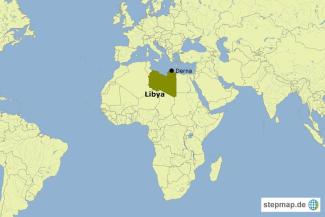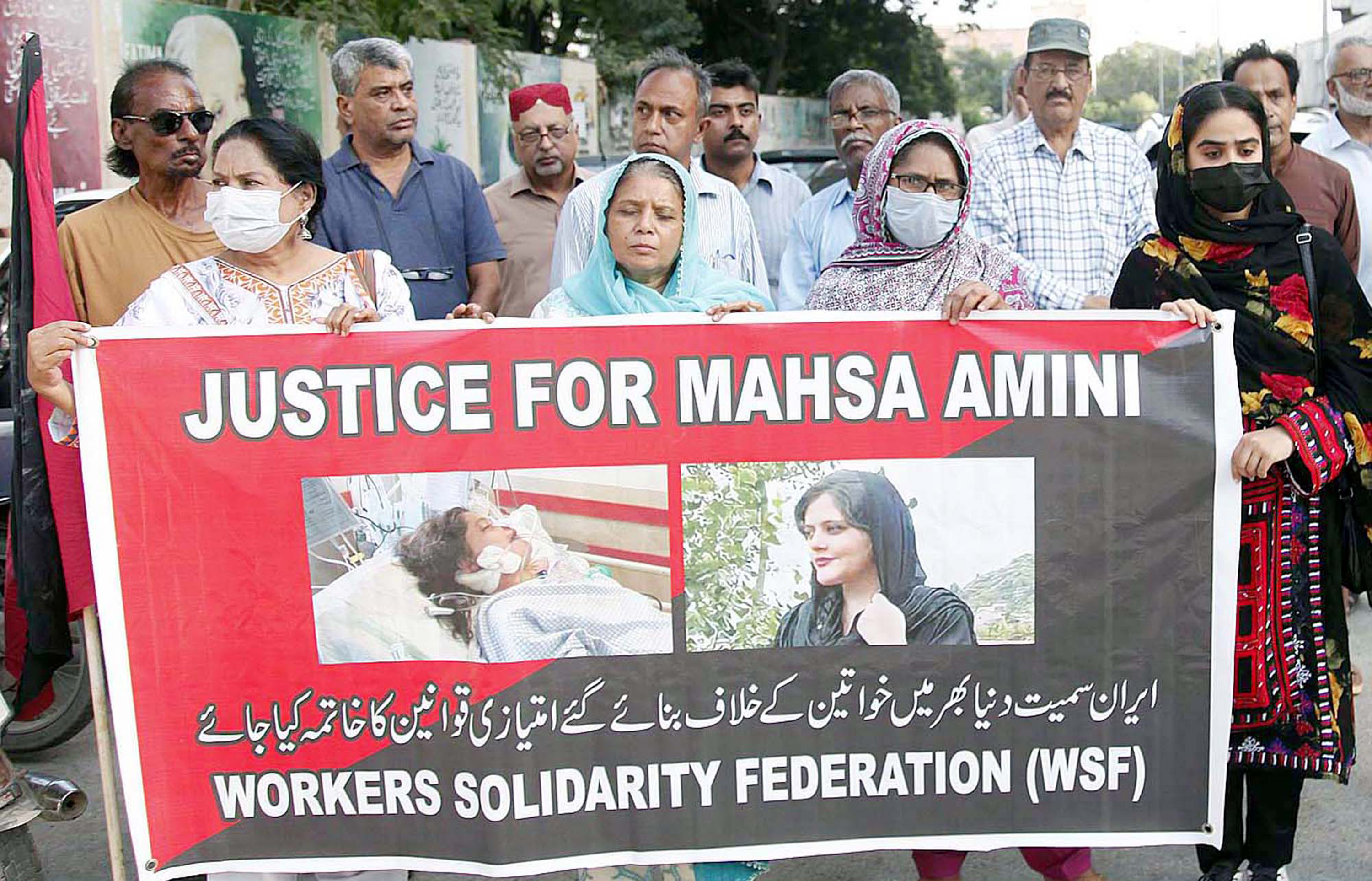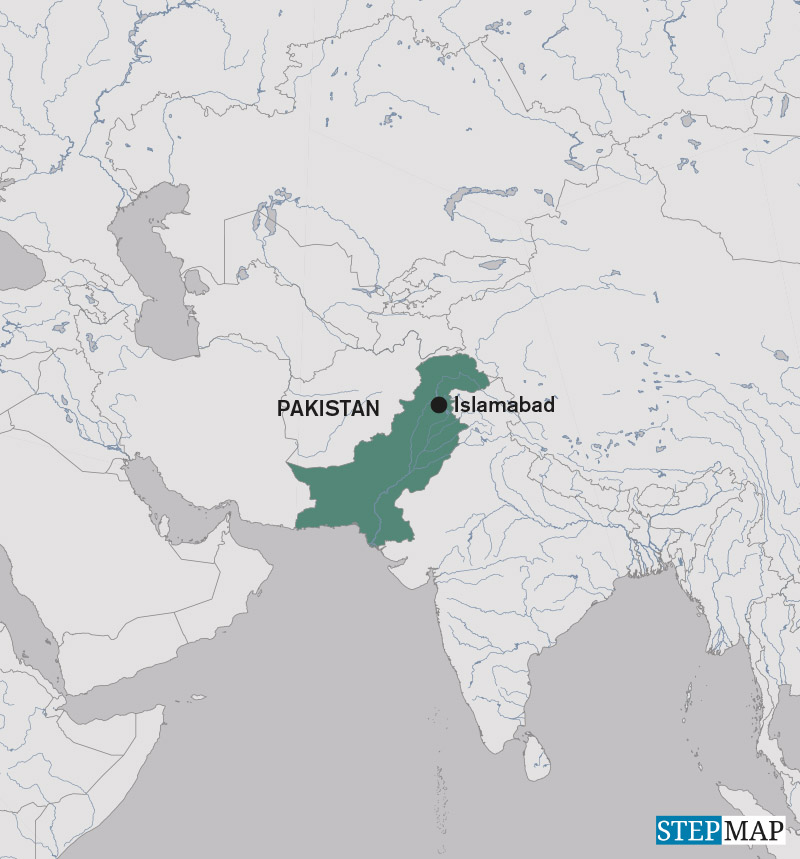Homophobia
Less than human

The only source of information in Derna is ISIS, via their radio station and website. The terror militia does not allow journalists to work in the town. On the day after the executions, ISIS media office posted pictures on its website captioned: “Muslim masses witness the enforcement of punishment against three homosexuals.” According to a source who wants to stay anonymous, no one in Derna dares to speak about the killings.
Human-rights activists consider this the first death sentence against homosexuals in the history of modern Libya. “What ISIS has done is a heinous and unspeakable crime against humanity,” says activist Mohammed Khalifa.
Mohamed Allagui, Libya’s representative to the International Criminal Court (ICC) and former minister of justice, believes that any court is invalid if it does not have state legitimacy. He admits, however, that homosexuality is a sensitive issue which is “difficult to discuss in a religiously conservative society, since it violates the Libyan Islamic teachings and moral values.”
Homosexual have been persecuted in Libya for decades. The criminal code prohibits all sexual activities outside marriage and punishes homosexuality among adult males by imprisonment from three to five years. Twenty-year-old Adam Annan says: “We are constantly being persecuted. Unfortunately, advocacy of our rights is viewed by many as abnormal.”
Activist Muhammed Jumaa says that it is “unfair and unreasonable” that people get thrown into prison for loving a person of their own sex. According to Libya’s former health minister, Fatima Hamroush, “it is scientifically proven that homosexuality is not a psychological illness or a punishable offense.” She adds: “Criminalisation stems from our religious conviction and Muslim upbringing.”
Things used to be different. “Before the 1969 coup by Gaddafi, sexual contacts between two persons – whether between a male and a female, two males or two females – outside marriage was not considered a crime if it was by mutual consent,” says Wael Ben Ismail, a lawyer. “In the 1970s, the laws changed, and all sexual contacts outside marriage were deemed criminal acts.”
Reda Fhelboom is a journalist and human rights activist from Libya. He currently lives in Tunisia.
fhelboom@yahoo.com











